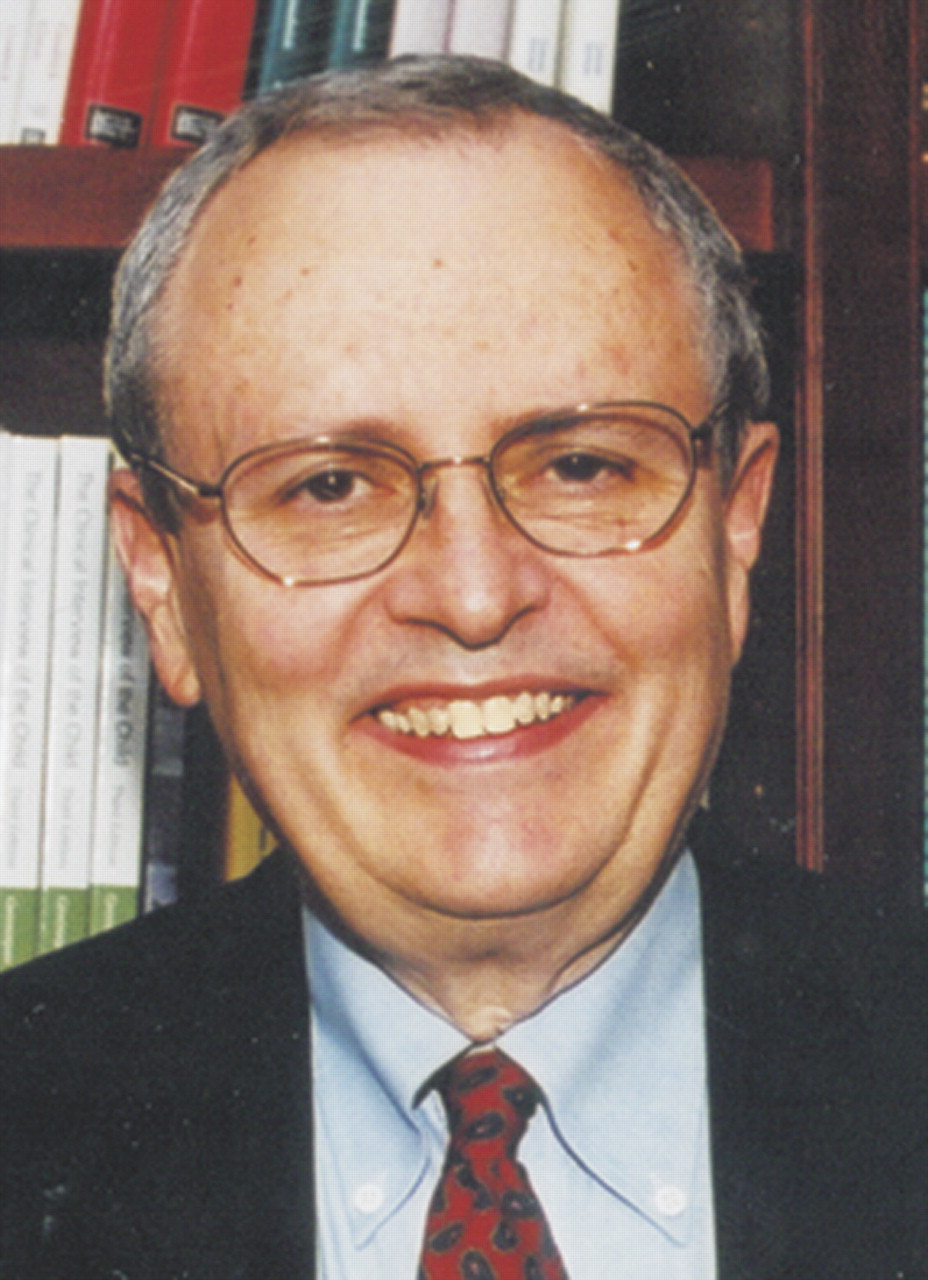Caring Versus Coercion: Differences Are Clear
Many of my columns have elicited strong reactions from members. In particular, I have been challenged about my support of “assisted treatment,” that is, legally mandated treatment for persons with severe and potentially dangerous symptoms of mental illness after the need for this treatment has been determined by a mental health court or by another process. At the same time in another column, I staunchly opposed psychiatrists' participating in interrogation of persons called “detainees” who are being interrogated to gather intelligence on terrorism. Being opposed to such coercive interrogations might seem to be in contradiction to my stand in favor of “caring coercion” in another context.

The difference, of course, has to do with the intent of the coercion. In assisted treatment, such as Kendra's Law in New York, psychiatrists' primary role is to foster patient improvement and help restore the patient to health. In military interrogations, however, psychiatrists' role is not to treat the patient, who is not even a patient in this context, but to facilitate the military's extraction of information from an unwilling and, in the case of Guantanamo Bay and elsewhere, uncharged “enemy combatant.” Often, in this setting, deception is used to extract the information, as well as a variety of stress techniques that produce disorientation, anxiety, and fear. When this type of interrogation shades into frank torture is a point of controversy, but my belief is that physicians are always physicians, even when called on to consult, and must abide by the “do no harm” medical ethic of our Hippocratic tradition.
In forensic settings, it is incumbent upon forensic psychiatrists to introduce themselves to the patient and explain that their role is potentially nonbeneficent and to give the detainee in this context the option of not participating in a psychiatric interview. This has not been the case for the detainees in our war on terror.
Fortunately, the overwhelming majority of encounters between psychiatrists and patients involve our provision of treatment of voluntary, help-seeking patients. The question of when patients refuse or do not want help and whether they are competent in their refusal is a critical issue in our practice and ethics, and often distinguishes us from our medical colleagues. Should psychiatrists serve in the role of determining incompetence of prisoners to be executed? The AMA's Code of Medical Ethics states that “a physician's medical opinion should be merely one aspect of the information taken into account by the legal decision makers, such as a judge or hearing officer.” But this does not get us off the hook. If a psychiatrist gives his or her opinion about a patient's competence in response to a judge's questions, then the psychiatrist's opinion about competence may be used to justify the authority's decision.
APA is currently working with the American Bar Association, American Psychological Association, and National Alliance on Mental Illness to develop a common position on the application of the death penalty with persons with mental illness. As part of this collaborative effort, recently the Assembly adopted a position statement on mentally ill prisoners on death row. This statement calls for the exemption of seriously mentally ill prisoners from the death penalty; however, it includes a recommendation that a death-row inmate who has been determined to be mentally incompetent to be executed, but who, when competent, has completed an advance directive requesting treatment to render him competent, should be treated. Doesn't this present a conflict with our medical ethics? As physicians, can we ever be complicit in restoring competence to individuals who, as a result of this competence, would then be judged eligible for execution? If we are healing professionals first and foremost, isn't it our obligation never to participate in the death or injury of individuals who are human beings first and foremost?
This same ethical analysis should apply to other contexts, such as the situation related to the interrogation of detainees in Guantanamo and elsewhere. We are obligated as physician psychiatrists to heal those human beings who can benefit from our therapies. At the same time, we are obligated to not use our expertise and treatments to harm not only our patients but also others. ▪



